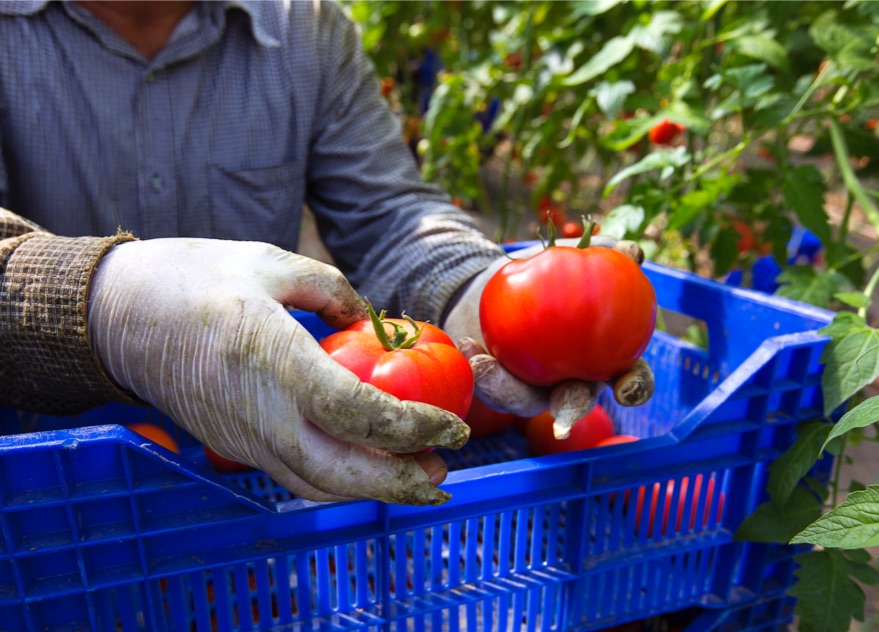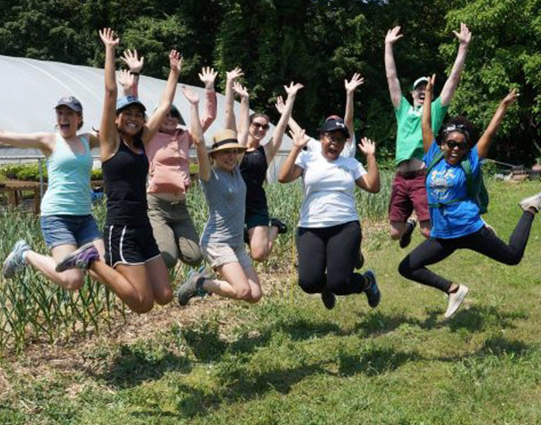Build your experience and expertise in cutting-edge food law and policy issues.

Food Law & Policy Clinic Summer Internship Program - 2024
ABOUT THE INTERNSHIP
Summer interns in the Harvard Law School Food Law and Policy Clinic have the unique opportunity to engage in action-based learning to gain a deeper understanding of the complex challenges facing our current food system. Interns get hands-on experience conducting legal and policy research for or in partnership with organizations, community groups, and government agencies on a wide range of food law and policy issues. Interns are also challenged to develop creative legal and policy solutions to pressing food issues, applying their knowledge from the law school classroom to real-world situations.
Dates & Hours Commitment
Dates for the 2024 Summer Interns Program are Tuesday, May 28 to Friday, August 9. Start and end dates may be flexible, if required. Summer Interns are expected to work full-time during their internship, approximately 35-40 hours per week for 10 weeks.
Location
The summer internship program is remote; all meetings and engagements will take place virtually. Interns based in the Boston area will be provided access to the FLPC Office Suite.
Funding
Summer interns will be eligible for a financial stipend of up to $4,500 should they be unable to secure external funding.* Details regarding funding will follow upon acceptance into the internship program.
*Students accepted to the internship program will be required to seek summer funding through their institutions and through other opportunities, such as through Equal Justice America (EJA) PSJD, the ABA, and other Bar Associations. FLPC will support accepted candidates with all necessary paperwork for applications to sponsoring organizations. Students unable to secure separate funding will receive the full $4,500 stipend. Should the student be able to secure funding that equates to less than the guaranteed $4,500 stipend, FLPC will contribute the difference.
An Ideal Candidate Will Be…
- Pursuing a JD or LLM (preferred) or a related degree (e.g., Pre-law, MPH, MPP)
- Passionate about food system issues and food justice, though prior experience is not required
- Self-motivated and timely, with the ability to problem-solve and conduct detailed legal research
- An outstanding verbal and written communicator
- Somebody with a strong, reliable internet connection for the duration of the internship (10-weeks).
Information about the Food Law and Policy Clinic:
Established in 2010, the Harvard Law School Food Law and Policy Clinic (FLPC) addresses the health, environmental, and economic consequences of the laws and policies that govern our food system. FLPC strives to increase access to healthy foods, supporting sustainable production and regional food systems, and reduce waste of healthy, wholesome food. As the oldest food law clinical program in the United States, the FLPC is a pioneer in the field of food law and policy, and serves as a model for lawyers and law schools entering this field.
Examples of project areas include: providing policy guidance and advocacy trainings to state and local food policy councils; assessing how agricultural legislation could increase economic opportunities for local and sustainable producers; recommending policies to increase access to healthy food and reduce sugar consumption at the local and state level; identifying and breaking down legal barriers inhibiting small-scale and sustainable food production; drafting state and federal legislation to reduce the amount of wasted food; recommending strategies for reducing global food loss and waste through stronger food donation laws; drafting model legislation to promote better wages for restaurant workers; and identifying policy opportunities to support dignity and equity for food system workers.
FLPC interns have the opportunity to practice valuable skills, including legal research and writing, drafting legislation and regulations, commenting on agency actions, public speaking and trainings, and community organizing, among others.
Inclusivity
At FLPC, we are committed to the work of advancing diversity, equity, and inclusion within our organization and in the world. We expect all staff and students to actively contribute to our efforts to create a respectful, safe, and inclusive working environment. FLPC does not tolerate discriminatory or prejudicial behavior towards students, staff, or external partners.
FLPC strives to provide a learning environment where all students are empowered to build their professional identity and engage with a variety of new stakeholders, perspectives, and experiences. It is our goal that students feel safe, supported, and able to freely express their identity and viewpoints during their time with us. We expect that students also commit to this goal of mutually creating a supportive learning environment and will, when working with staff and students in the clinic, be accountable for the impact their words and actions have on others and work to proactively manage bias.
How to Apply
We are accepting applications on a rolling basis until January 22, 2024.
Applicants should complete this online form and submit the following materials in one consolidated pdf or word document with their application form or separately flpc@law.harvard.edu:
Cover Letter
Resume
Writing Sample (max 5 pages; excerpts of longer pieces are acceptable)

Events
Find upcoming events to learn more about our research, findings, and strategies.
